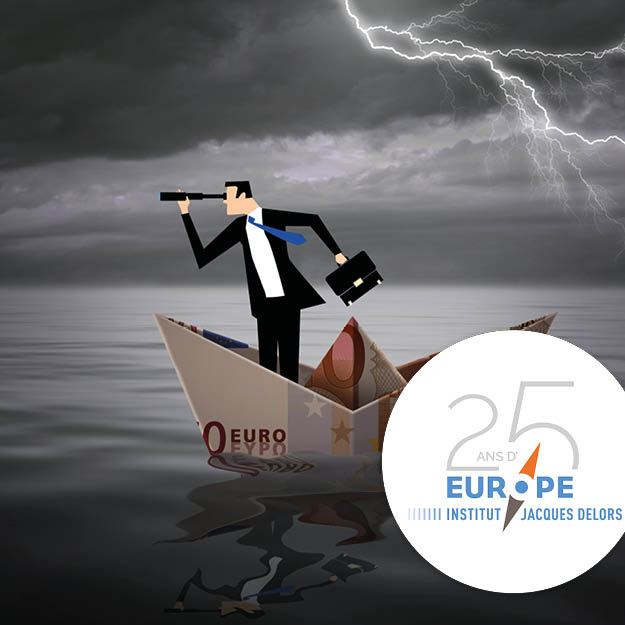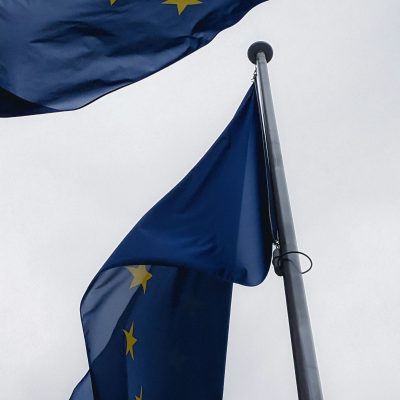Policy Paper
11/05/21La Gouvernance européenne face aux crises
Conditions pour un leadership politique efficace et légitime

- Leçons d’une décennie de « chocs de souveraineté » Après plus de dix années de crises, le mode de fonctionnement actuel de l’UE donne la primauté au Conseil européen. Cette prééminence des gouvernements nationaux et de la logique diplomatique a des conséquences ambivalentes et pose un double problème d’efficacité (entraînant des négociations complexes et lentes, produisant de l’incertitude et empêchant l’Union de s’exprimer d’une voix unifiée) et de légitimité (puisque la légitimité politique des membres du Conseil européen est fondée à l’échelle nationale, et non à l’échelle européenne).
- L’UE au défi d’une capacité d’action et de décision européenne incarnée Certes, des progrès ont été réalisés pendant la crise du Covid-19 quant à la capacité de prendre des décisions majeures, avec en particulier la décision d’émettre une dette commune pour financer la réponse à la pandémie et la relance. Néanmoins, la crise sanitaire a mis en évidence la faiblesse structurelle des institutions dans la capacité européenne de gestion de crise – sur un plan d’anticipation, de préparation et de prise de décision – mais aussi dans l’opérationnalisation du principe de solidarité, qui devrait être renforcé et concrétisé en vue des crises futures. Il est indispensable de clarifier le leadership politique européen face à la rivalité des institutions et des États membres.
- Que faire ? À quelles conditions une capacité de décision et un leadership politique européens sont-ils possibles ? Résoudre le « déficit exécutif » européen doit passer par la création d’un leadership politique plus clair, plus légitime et plus responsable. À court terme, il s’agirait notamment de donner un visage à la réponse face à la crise sanitaire – en s’inspirant par exemple de la « méthode Barnier » qui a mis en évidence une articulation très efficace entre objectifs politiques, mise en œuvre technique, implications des institutions de l’UE, avec un leadership clair incarné par Michel Barnier. À moyen-long terme, trois pistes paraissent déterminantes afin de développer un leadership politique plus légitime, plus responsable et par là plus efficace : conforter le système des Spitzenkandidaten pour élire le Président de la Commission ; réformer le système électoral pour l’élection du Parlement européen via la création de listes transnationales susceptibles de contribuer à renforcer la légitimité du choix des gouvernants de l’UE et par là l’efficacité de ces derniers ; enfin, la légitimité et l’efficacité de l’UE pourraient enfin être utilement renforcées par la mise en place d’un contrat de mandature entre Parlement européen, Commission et Conseil européen. La Conférence sur l’avenir de l’Europe, officiellement lancée le 9 mai dernier à Strasbourg, offre l’occasion de porter le débat institutionnel sur ces trois pistes.




